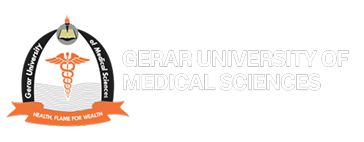
Pharmacology is a branch of medicine and biology concerned with the study of drug action.
Toxicology, Pharmacogenomics, Neuropharmacology, Pharmacokinetics
Pharmacologists contribute to optimizing drug therapy by understanding drug actions, interactions.
Pharmacology is a branch of medicine and biology concerned with the study of drug action. It involves understanding how drugs interact with biological systems to affect function, and it encompasses the study of the sources, chemical properties, biological effects, and therapeutic uses of drugs. As a fundamental area within the Faculty of Basic Medical Sciences, pharmacology provides critical insights that guide the development and clinical use of pharmaceuticals.

Imope, Local, Government Area, Ijebu Ode, Ogun State, Nigeria
Email: info@gumed.edu.ng
Tel: +234 812 630 7303
